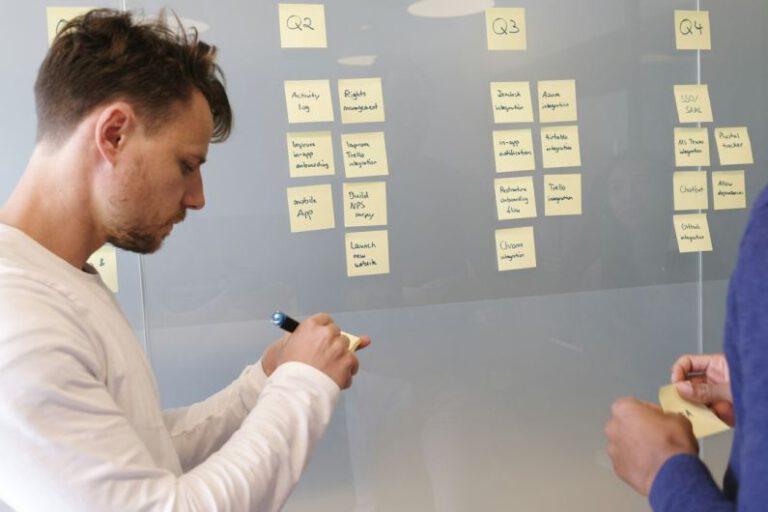How to Manage Distractions in a Connected World?
Living in a world filled with constant connectivity and an endless stream of information can make it challenging to stay focused and avoid distractions. In today’s digital age, where we are bombarded with notifications, emails, social media updates, and various other stimuli, managing distractions has become a crucial skill. Whether you’re trying to be more productive at work, focus on your studies, or simply enjoy some downtime without interruptions, learning how to navigate this connected world without getting sidetracked is essential.
Understanding the Impact of Distractions
Distractions come in many forms, and their impact on our productivity and well-being cannot be underestimated. From the ping of a new message on your phone to the lure of scrolling through social media feeds, distractions have a way of pulling our attention away from the task at hand. Research has shown that constant interruptions and multitasking can decrease our ability to concentrate, impede our decision-making skills, and even increase stress levels.
Identifying Your Personal Distractions
The first step in managing distractions is to identify what specifically distracts you. Different people have different triggers that lead them off course, so it’s important to pinpoint what tends to pull you away from your focus. Is it the temptation to check your phone every few minutes? Do you find yourself getting lost in endless browsing sessions on the internet? By recognizing your personal distractions, you can develop strategies to combat them effectively.
Creating a Distraction-Free Environment
One effective way to manage distractions is to create an environment that is conducive to focus. This may involve setting up a designated workspace that is free from clutter and away from high-traffic areas in your home or office. Turning off notifications on your devices, using noise-canceling headphones, and establishing boundaries with others can also help in creating a distraction-free zone where you can concentrate on the task at hand.
Implementing Time Management Techniques
Effective time management is key to minimizing distractions and maximizing productivity. By breaking down your tasks into smaller, manageable chunks and setting specific time blocks for each, you can create a structured schedule that allows you to focus on one thing at a time. Techniques such as the Pomodoro method, which involves working in short bursts with regular breaks, can help you stay on track and avoid getting overwhelmed by distractions.
Practicing Mindfulness and Meditation
In a world filled with constant stimulation, practicing mindfulness and meditation can be powerful tools in managing distractions. By learning to be present in the moment and cultivating awareness of your thoughts and emotions, you can train your mind to stay focused and resist the urge to get sidetracked. Taking short meditation breaks throughout the day or incorporating mindfulness practices into your daily routine can help you stay centered and avoid getting swept away by distractions.
Setting Clear Goals and Priorities
Having clear goals and priorities can help you stay focused and minimize distractions. By knowing what you want to achieve and outlining the steps needed to get there, you can stay on track and avoid getting derailed by irrelevant tasks or interruptions. Setting daily, weekly, or long-term goals and regularly reviewing your progress can help you stay motivated and committed to your objectives, making it easier to resist distractions along the way.
Finding Balance in a Connected World
In a world where connectivity is ubiquitous, finding a balance between staying informed and avoiding distractions is essential. While technology offers numerous benefits and opportunities for connection, it’s important to set boundaries and establish healthy habits to prevent distractions from taking over. By being mindful of your digital consumption, setting limits on screen time, and prioritizing real-world interactions, you can create a healthier relationship with technology and navigate the connected world with greater focus and intention.
In conclusion, managing distractions in a connected world requires awareness, discipline, and a proactive approach. By identifying your personal triggers, creating a distraction-free environment, implementing time management techniques, practicing mindfulness, setting clear goals, and finding balance, you can take control of your attention and productivity in a world filled with distractions. With the right strategies and mindset, you can harness the power of connectivity without letting it derail your focus and goals.






